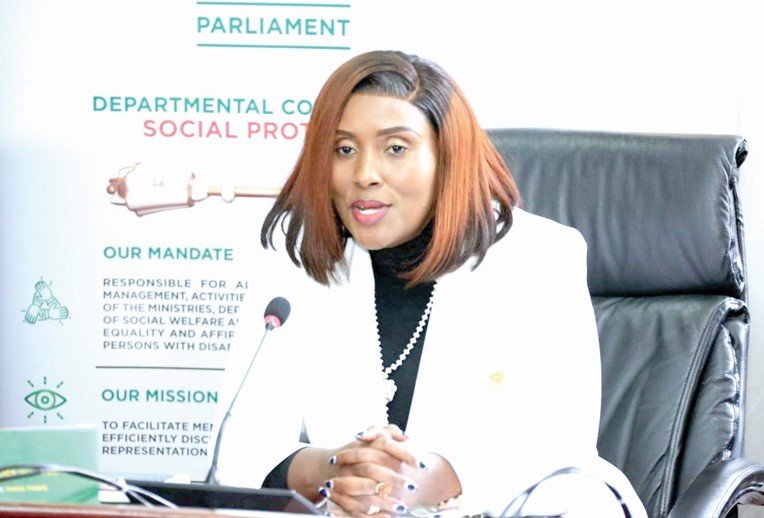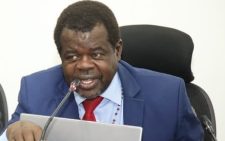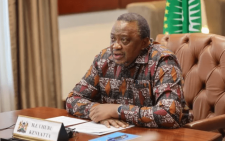Scrap new higher education funding model, parents urge

Some parents from Thika in Kiambu county have called on the government to scrap the new Higher Education Funding Model claiming it overburdens students from poor backgrounds.
Since the government started operationalising the model, the parents and students who spoke while receiving bursary cheques from Thika NG-CDF, an exercise that was spearheaded by MP Alice Wambui Ng’ang’a, lamented that tuition fees have been increased to the disadvantage of poor students.
The new model which was unveiled by President William Ruto in May last year sought to address challenges encountered by public universities and Technical and Vocational Education (TVET) institutions due to massive enrolment and inadequate funding.
The new funding framework replaced the Differentiated Unit Cost (DUC) previously used to finance universities.
The government says the model prioritizes a student’s financial need and separates placement from funding under which universities and TVET institutions will no longer receive block funding in the form of capitation.
Instead, funding for students is now being provided through scholarships, loans, and household contributions.
But concerned parents decried that the model is not working and is instead frustrating them by overburdening them with huge loans without any option.
Led by Mercy Njuguna, the parents called on the government to reconsider lowering university fees and restoring the former model to protect students from missing out on higher education because of financial constraints.
“As parents, we are financially constrained and our urge to the government is to reduce the amount of money students pay in universities. It has become a nightmare to most of us, especially those from the bottom of the pyramid because we can hardly raise the amount required,” said Njuguna, adding that thousands of bright but needy students might end up missing university education due to increased fees that parents are required to foot.
Financial backgrounds
On her part, the MP lauded the new model saying it offers scholarships to students ranging from 30% to 70% based on their level of need unlike the former model where students would receive similar amounts irrespective of their financial backgrounds.
MP Ng’ang’a rooted for creation of awareness on the benefits of the current model to parents and other stakeholders saying that more money has been pumped to higher education under the new model.
“We have a duty as lawmakers to create the necessary awareness on the new funding model. I will personally embark on a civic education programme together with experts to educate and explain this new model to our parents and learners,” she said.
Some 3,800 universities and colleges students in the constituency received Sh18 million in the form of bursaries.
The funds disbursed by the area National Government Constituency Development Fund (NG-CDF) comes as a relief to the cash-strained students and parents as tough economic times continue to bite across the country.
Thika Technical Training Institute students received a lions’ share of the bursaries amounting to Sh2.5 million followed by students from Mount Kenya University (MKU).
MP Ng’ang’a noted that some 500 students from TTTI received the amount due to the high student population at the national technical institute.
The institution has a population of about 16,000 students.
“Thika Technical has a very high number of students and this explains why we are putting up a new technical institute at Kiganjo to decongest it,” said the MP.
The lawmaker noted that her office has laid down proper plans that will see the amount issued to higher learning institutions increase as well as benefit more needy students from the region.
“Going forward, NG-CDF will be catering for secondary school learning while parents will be contributing Sh2000 per term, a move that will see a chunk of funds meant for secondary school bursaries transferred to tertiary and higher learning students,” said the MP.
At the same time, the lawmaker disclosed that funds for construction of more Junior Secondary Schools have been disbursed noting that currently the projects are in the procurement stage.
Meanwhile, two Members of Parliament have vowed to rally the government to implement the teachers’ 2021- 2025 Collective Bargaining Agreement (CBA).









